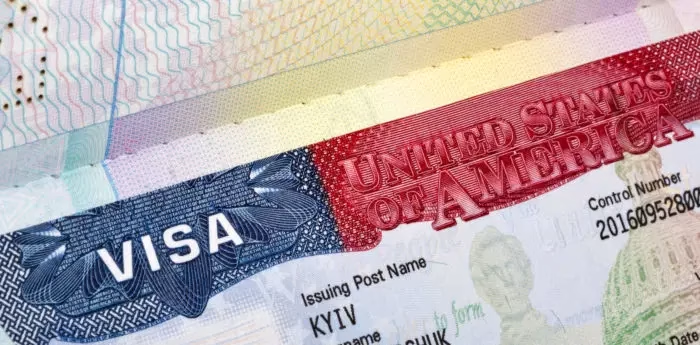
No Visa for Corrupt Nigerian Officials — US Mission
The United States Mission in Nigeria has reiterated its commitment to fighting corruption, declaring that high-profile individuals found guilty of corrupt practices would be denied entry into the US.
In a statement posted on X on Sunday, the Mission emphasized that accountability has no borders and that its anti-corruption stance applies to all, regardless of status.
The statement read: “Fighting corruption knows no borders or limits on accountability. Even when high-profile individuals engage in corruption, they can be barred from receiving U.S. visas.”
This latest warning reinforces Washington’s long-standing policy of using visa restrictions as part of its broader strategy to promote transparency and good governance in Nigeria and across the world.
Reform UK Unveils Plan to Scrap Migrants’ Permanent Settlement Rights
Meanwhile, in the United Kingdom, Reform UK has announced that it will abolish the right of migrants to qualify for permanent settlement after five years if it wins the next general election.
Under the proposed policy, migrants would no longer be able to obtain Indefinite Leave to Remain (ILR), which grants the right to live, study, work, and access welfare benefits in the UK. Instead, they would be required to reapply for new visas every five years under stricter rules, including higher salary thresholds and tougher English language requirements.
Reform UK leader, Nigel Farage, argued that the UK should not serve as “the world’s food bank,” insisting the policy would prevent hundreds of thousands of migrants from gaining permanent residence under the current system. Farage said the reforms were also aimed at addressing what he described as the “Boris wave”—a reference to the 3.8 million people who entered the UK after Brexit under rules introduced during Boris Johnson’s government.
The party claims the reforms could save the UK £234 billion over several decades by restricting welfare access to non-British citizens. However, Chancellor Rachel Reeves dismissed the figures, saying the projected savings “have no basis in reality,” noting that the government is already considering plans to double the qualifying period for ILR from five to ten years.
According to official figures from the Department for Work and Pensions, as of July, 213,666 people with ILR were claiming Universal Credit benefits in the UK.






